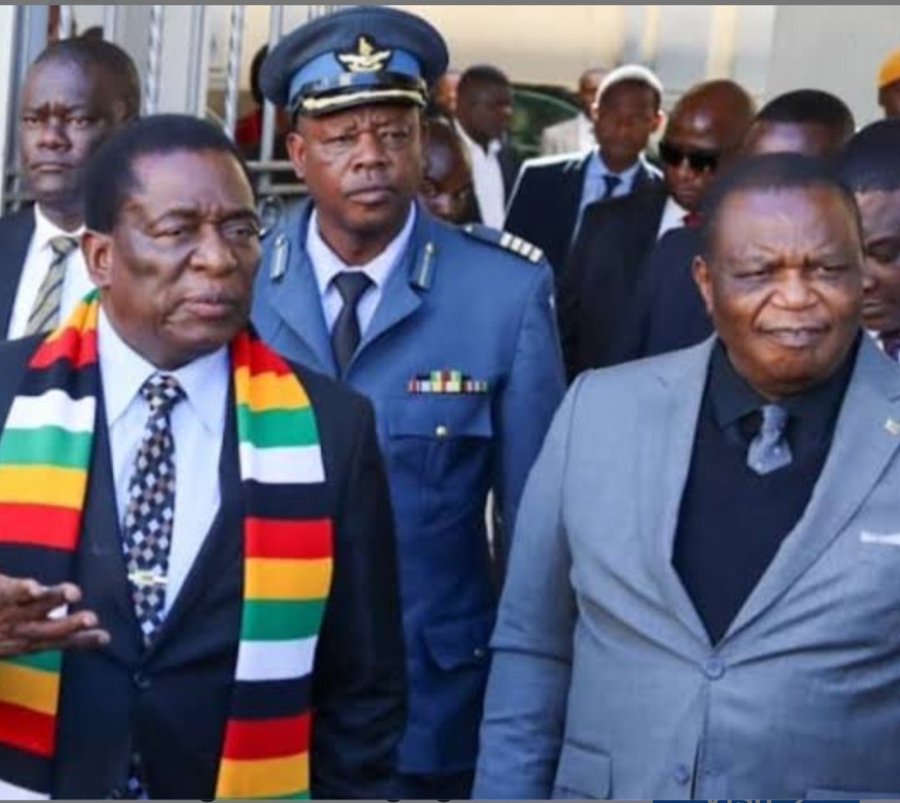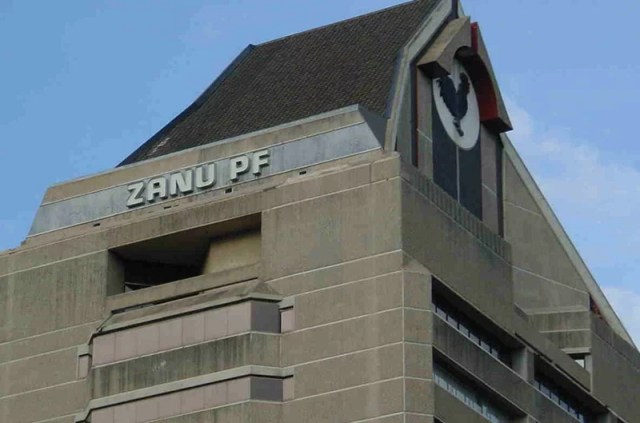SIX HUNDRED DAYS IN JAIL: JOB SIKHALA’S LONG WAIT FOR JUSTICE

Today marks a sad moment in Zimbabwe’s political history as opposition activist Job Sikhala has spent 600 days in jail. Sikhala was arrested for allegedly inciting public violence after he protested the murder of his colleague, Moreblessing Ali. Ali was killed by a person with strong ties to the ruling Zanu PF party. Sikhala’s continued stay in jail shows how Zimbabwe’s political system has become repressive under President Emmerson Mnangagwa’s rule.
Sikhala’s case highlights the ongoing problems in Zimbabwe’s justice system. In Zimbabwe, people are supposed to be considered innocent until proven guilty. However, Sikhala has been in jail for 600 days without a fair trial. This is a clear violation of his rights under the country’s constitution. The right to bail is guaranteed, but Sikhala has been denied this right for a long time. His situation shows that the justice system in Zimbabwe is often used to punish political opponents.
The case of Job Sikhala also brings to light the issue of political prisoners in Zimbabwe. Many people are arrested and kept in jail for long periods without proper legal procedures being followed. This is similar to what happened in the days of Rhodesia when people were jailed for political reasons without trial. Zimbabwe’s jails are overcrowded and harsh, making the situation for political prisoners even worse.
President Mnangagwa’s government has been accused of using the courts to silence opposition. Arresting and jailing people like Sikhala is a way to stop them from speaking out against the government. The ruling party, Zanu PF, is known for using tactics that scare people into silence. This kind of oppression has been going on for years, but it seems to be getting worse.
The political landscape in Zimbabwe has been marked by arrests, violence, and intimidation. Those who speak out against the government often face threats, harassment, or imprisonment. Sikhala’s case is just one example of how opposition figures are treated. Many people in Zimbabwe believe that the justice system is not fair, and that it is being used to keep the ruling party in power.
Sikhala’s long stay in jail has drawn attention both inside and outside of Zimbabwe. International human rights groups have called for his release, saying that he is being held unfairly. They point out that the charges against him are politically motivated and that he is being punished for standing up against the government. Despite this, the government has shown no sign of releasing him anytime soon.
The case also shows the difficult situation in Zimbabwe’s political environment. The country has been struggling with economic problems for many years, and this has added to the tension. People are frustrated with the government’s inability to improve the economy, and the political situation has only made things worse. The arrest of people like Sikhala adds to the fear and uncertainty in the country.
As Zimbabwe moves forward, it will be important to see how the government handles cases like Sikhala’s. Will the country continue down the path of repression, or will there be a move towards more democracy and fairness? For now, the situation looks grim, but there is always hope that things could change.
Sikhala’s story is a reminder of the challenges that Zimbabwe faces as it tries to build a more democratic society. His 600 days in jail are a symbol of the larger struggle for justice and human rights in the country. The world is watching, and many are hoping that one day, Zimbabwe will be a place where people can speak freely without fear of being jailed.
In conclusion, Job Sikhala’s long stay in jail is a reflection of Zimbabwe’s broken political system. It shows how far the government will go to silence those who dare to challenge it. As Sikhala continues to fight for his freedom, his case serves as a reminder of the need for change in Zimbabwe. Until that change comes, the fight for justice will go on.

